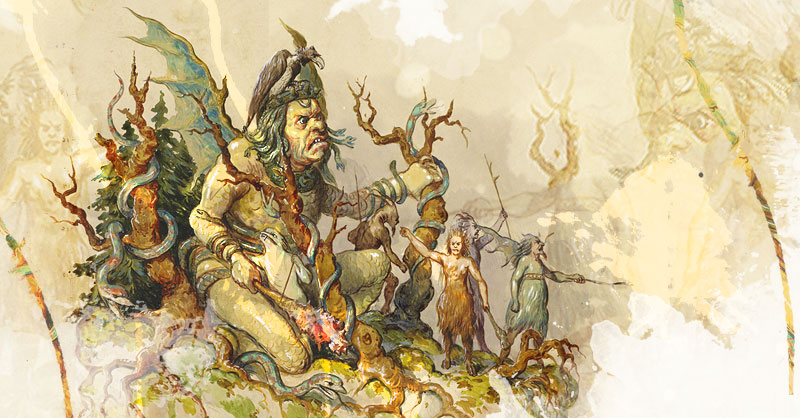DND_Reborn
The High Aldwin
That's totally fair then IMO, especially since you discussed it and your group wants to play that way.This would be during the battle. And I only would do it when things were incredibly too easy. Oh, and I would never do this to make things easier (since that was never an issue), just harder.
I started off with giving them the choice of asking for "hard mode" during fights that were too easy, but quickly realized the answer was always "yes", so just started doing it without asking.
But yeah, never a secret, all die rolls made in the open, and always bonus rewards.
True, published adventures are rarely challenging enough as written. I think it is because they are designed for more casual players and then experienced players walk all over them. Of course, personally I am not a fan of most tier 3 and tier 4 play anyway because the power scale you get to at that point is simply ridiculous to me.High level D&D is just so ridiculously overpowered, I have no idea how DMs manage to balance their encounters. I was running Out of the Abyss, so not many magic items and zero trips to the store, and STILL, every encounter was a cake walk.
Frankly, this is a point I struggle with as well. If the challenges all end up too easy, sure people can still have fun, but then I feel like we might as well just be playing a story-game and dispense with combat altogether.That's when I realized 5E's purpose though. Even though as a DM I was secretly feeling terrible for not challenging them properly, the players were having the time of their lives. They loved the story and their characters and we all had a lot of fun. That's the point of 5E.
On the flip side, you don't want every combat to be a tooth-and-nail slug-fest to the bitter end, either.
So, to that end one thing I have never been a fan of in D&D (or any game) is the attrition model.
I'm glad you realized that (bolded) is the point--really of any game: to love the experience and have fun.




